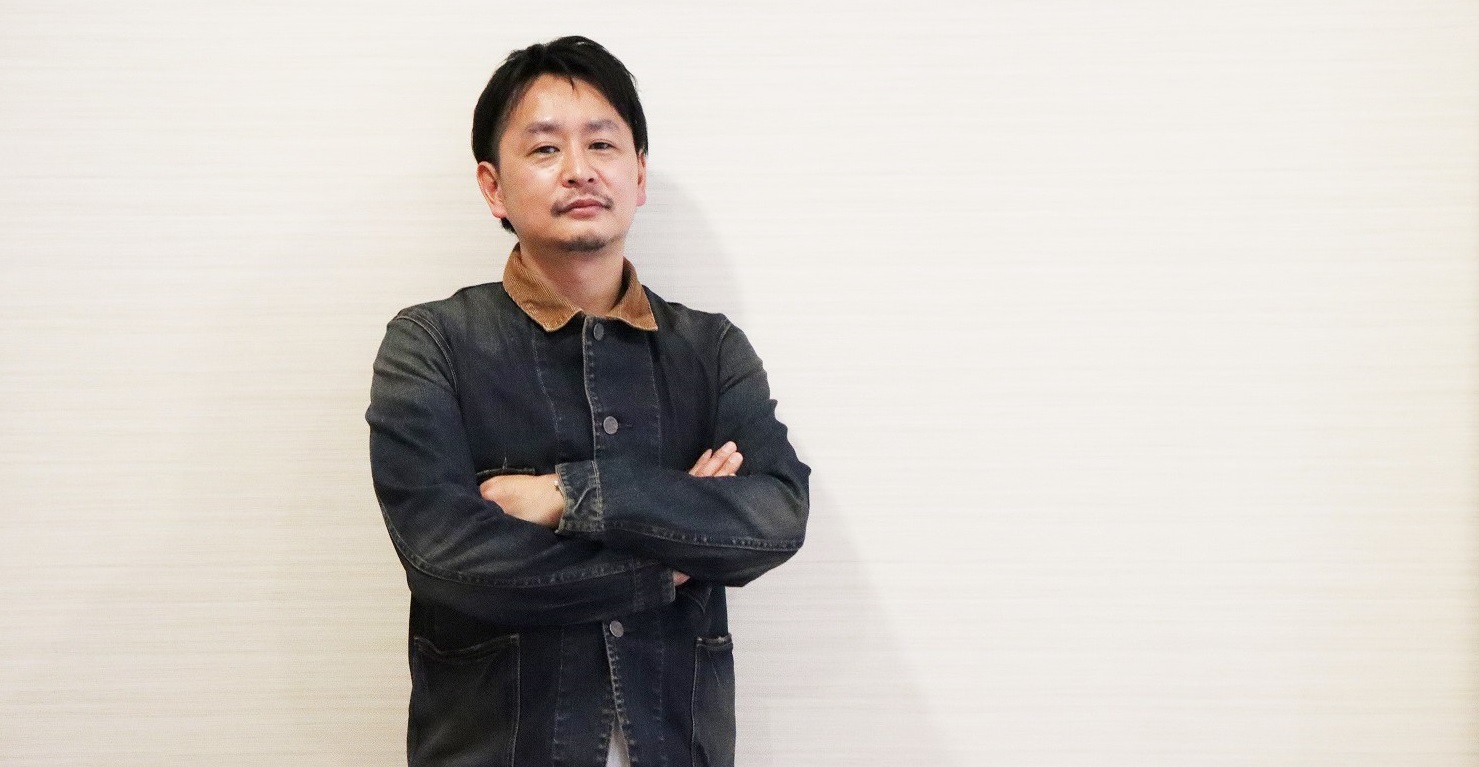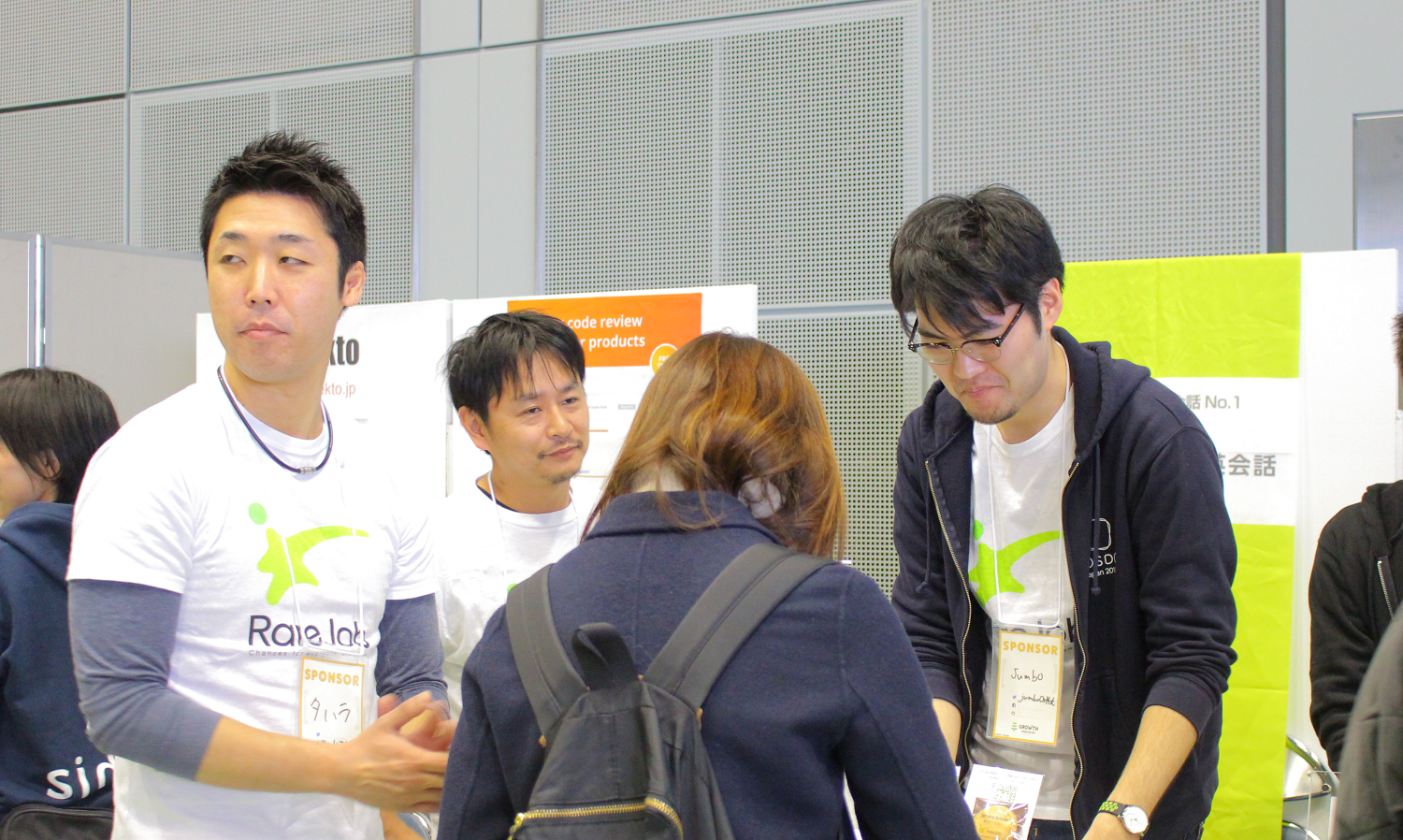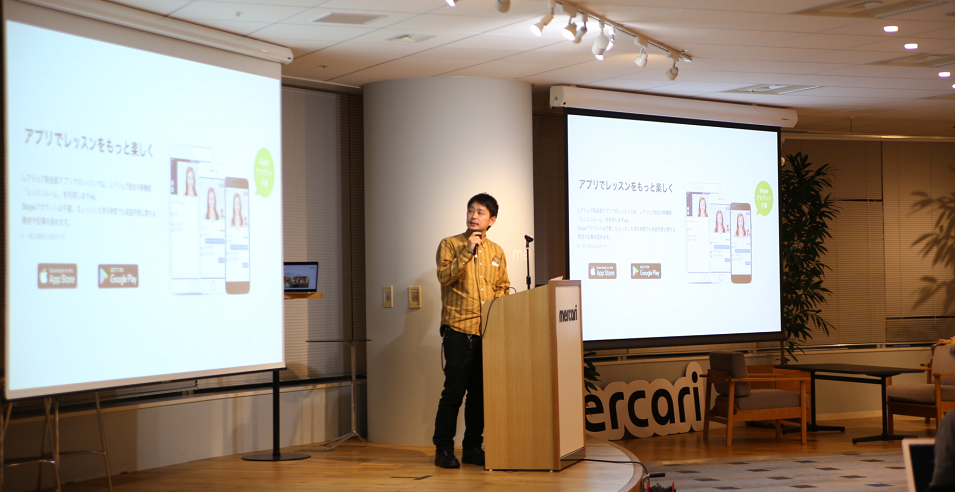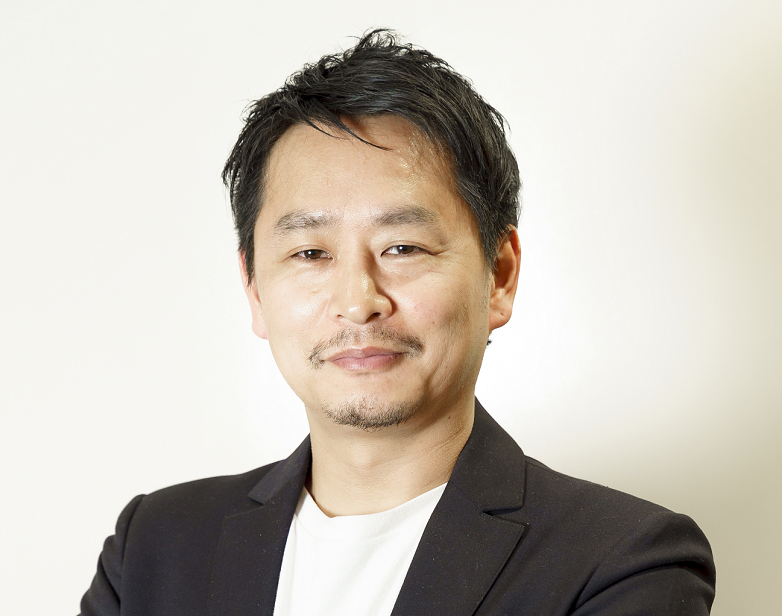Challenges of CTO vol.2 Building Strong Organizations-Collaboration with Philippines

Full replacement of systems with a long history spanning more than a decade.
That was the first challenge Yamada was to tackle at RareJob.
Technology for learners was a mission to lead engineers.
First of all, we steadily increased the number of people who could think and act on the basis of that axis.

At the same time, we had to restructure our system, which was also an essential issue.
The RareJob service required both sides, the student side in Japan and the instructor side in the Philippines.
The interdependence of the two sides made it difficult to make improvements and responses that were suitable for both sides.
Therefore, in the summer of 2018, the infrastructure related to the “RareJob Eikaiwa” service was migrated to Amazon Web Service (AWS).
With the exception of Yamada, most of the key members had no experience with AWS.
Moreover, the infrastructure of “RareJob Eikaiwa” was a fundamental part that directly affects the operation of the service. It was a challenge that did not allow for failure.
It must have been a worthwhile challenge, considering its potential to facilitate future development, control costs, and expand the scope of technical development.
The underlying servers would be shared, and the above platforms would be developed jointly in Japan and the Philippines.
Additionally, the above applications would remain independent in Japan and the Philippines, respectively.
By separating the parts that were close to the students and instructors while sharing the root of the system, the best development was possible for each.
In order to achieve a better situation for both Japan and the Philippines, it was necessary to move forward while aligning our efforts and fostering true cooperation.
For Yamada himself, this was a new experience, and he had to work on parallel cooperation and integration between the two countries.
The first step was to get closer to RareJob Philippines.
Collaboration and integration across organizational boundaries is the goal of the result, and it cannot be the first step.
Yamada held a series of 1-on-1 meetings with the manager of the technology department at RareJob Philippines to build the soil for cross-organizational collaboration.
For example, if information from the Japanese side is not properly conveyed, the Philippine side’s strategy may need to be revised later. In order to achieve efficient collaboration without either side being burdened, the important thing is to have repeated dialogue.
In this way, we were able to bridge the gap in information levels and shorten the distance in terms of awareness.
Also, the Philippines was a culture of job-based employment. To begin with, the working style and values were different from those of Japan.
Since there were many young staff members, we have built a culture and system that allows them to work together with a sense of unity, while providing the necessary support.

Now, even among individual layers, ties that transcend national borders were growing stronger.
The manager-level staff would share information and keep their eyes and feet on the ground at the strategic level.
The development of the Lesson Room, a unique system for conducting lessons for RareJob English, was a joint project between Japan and the Philippines to cover both the student and instructor sides.
The platform was also developed completely jointly. The team leader in Japan was responsible for managing the team across the border.
Incidentally, in addition to the full replacement of systems related to services, a large-scale migration of internal operation systems was also underway. This was also a cross-border project that is underway in collaboration between Japan and the Philippines.
In terms of organizational management, in April 2020 the company incorporated an independent EdTech Lab into its Engineering Division.
By integrating EdTech Lab, it was possible to link R&D to the development and operation of services-related technologies in a one-stop fashion.
Technological possibilities made it possible to innovate services and products. It was also a manifestation of the attitude of systematically strengthening Technology for learners’s stance.
Secure human resources, improve skills, shift systems themselves, and strengthen collaboration with the Philippines.
Yamada had been leading the way toward a full replacement in a tightly scaffolding fashion.
Of course, he still has a ways to go before he completes the project, and he must be halfway through his challenge.
Nevertheless, Yamada has a goal in sight. He has assembled a team of people who are willing to work with him.
The combination of staff who have been working for a long time, seeing change as an opportunity for growth, and new staff who have come to take on the challenge of change, has made us stronger as an organization.
He is sure that the day is not far off when we will have accomplished our challenge and look forward to another one.
.jpeg)
*Positions and department names are as of March 2021.

